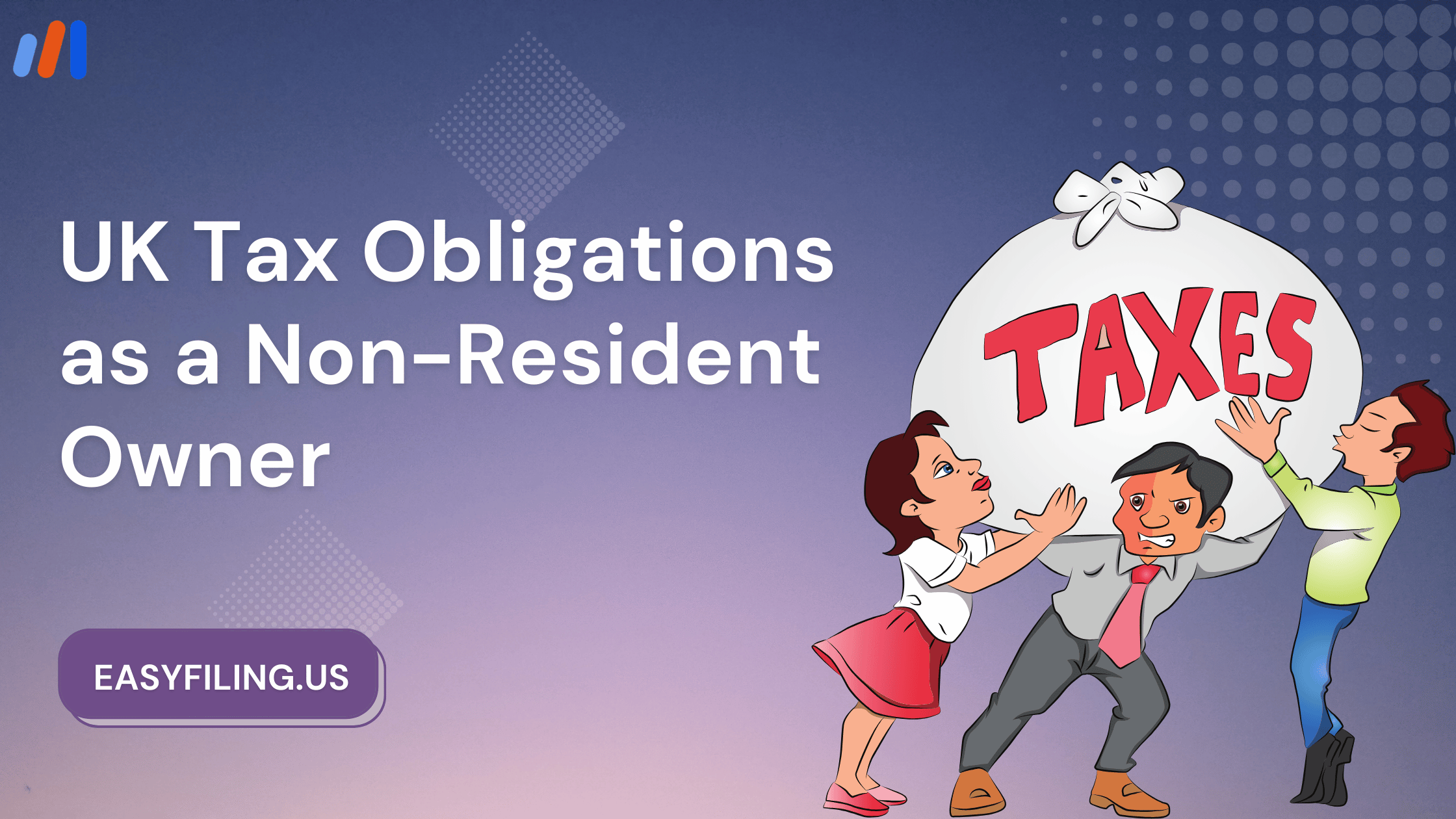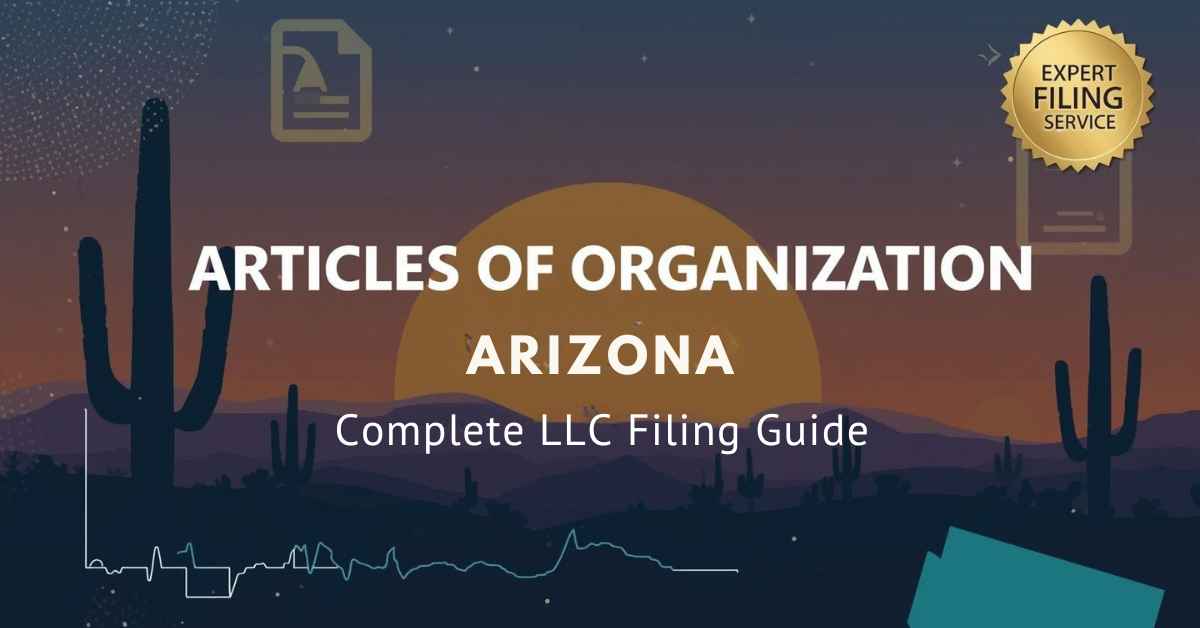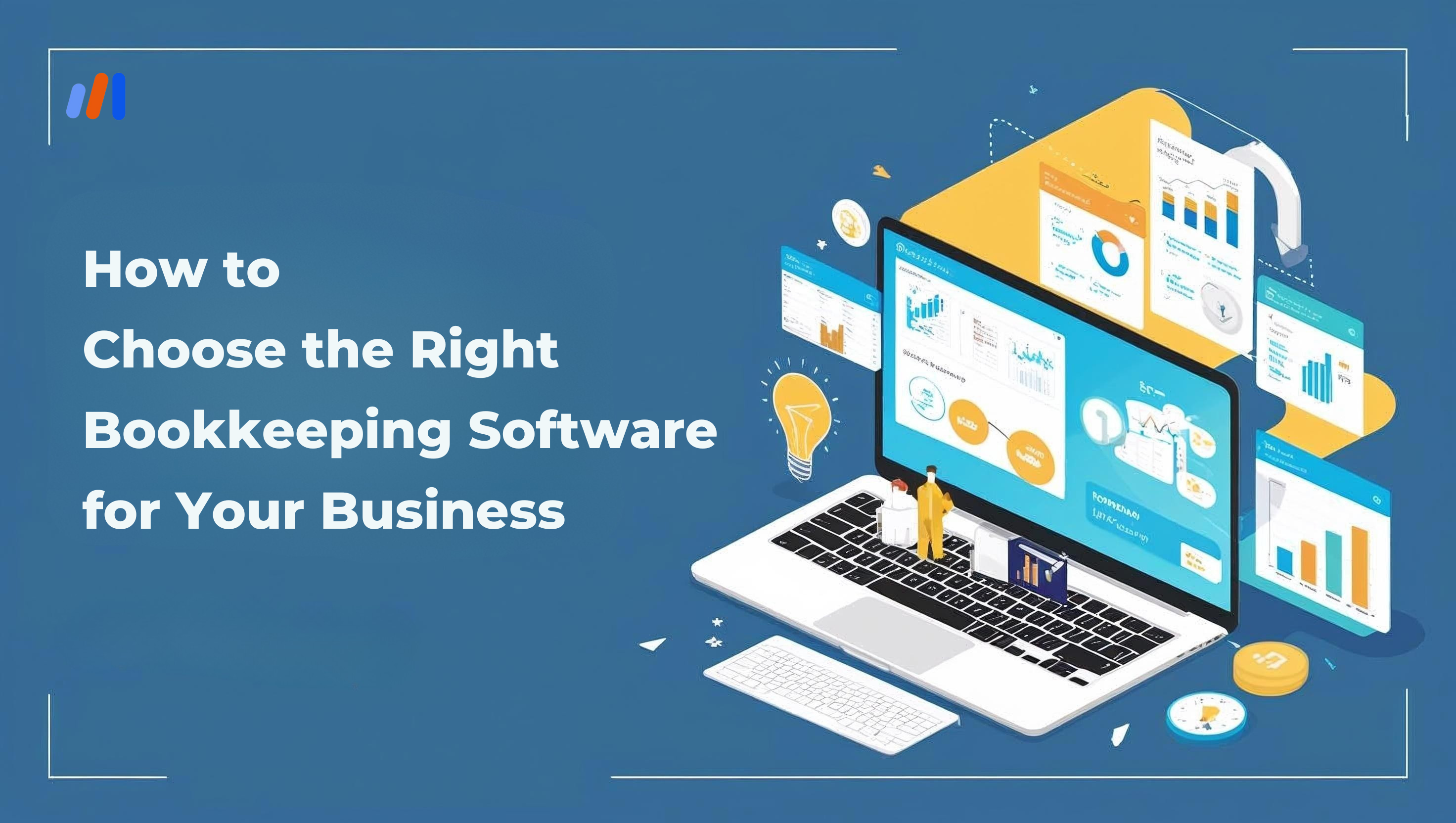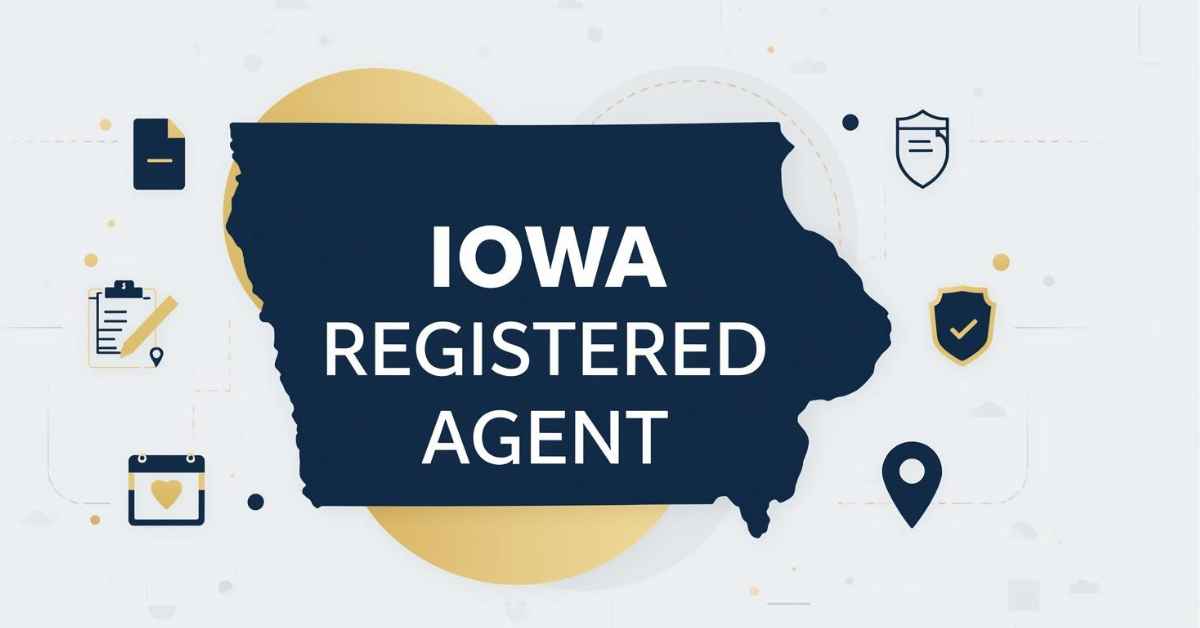As a non-resident owner of a UK-based limited company, it’s crucial to have a clear understanding of the taxes you are liable for. These include responsibilities in the UK and your own country as well. International tax can be difficult to navigate but you need to keep within the bounds of law all over the world otherwise there may be serious penalties or even legal issues that arise due to not following them.
This guide we’ve created is meant to help make things easier by going over different parts of UK taxation legislation in great detail. We hope these steps will enlighten you with enough information and ways how best fulfill your duties while dealing with taxes efficiently thus making sure everything runs seamlessly legally during business operations.
1. Corporate Taxes
Your UK limited company must pay Corporation Tax on its profits. As of 2023, this rate stands at 19%. Nevertheless, tax rates may be changed and hence it is wise to verify the latest ones on the HM Revenue and Customs (HMRC) website or consult with a tax professional. Corporation Tax is levied on the company’s chargeable profits which include trade profits, investment income, and chargeable gains.
2. Value Added Tax (VAT)
If your business has taxable turnover exceeding the VAT threshold then you have to register for VAT and charge VAT on your sales. The current VAT registration threshold in the United Kingdom is £85,000. Therefore, if your business’s taxable turnover exceeds £85,000 within any 12 months you must register for VAT with HMRC. After registration, it is necessary to apply VAT to your sales.
Reclaim business expenses and value-added taxes; Keep tabs on your turnover to comply with VAT rules. For more information, feel free to reach out to HMRC or consult with a certified tax advisor.
3. Employee Taxes
PAYE (Pay As You Earn) & National Insurance Contributions should be implemented by companies employing staff in the United Kingdom. Here are some tax bands for employees during the tax year ending April 5th,2024:
Income Tax Rates:
Personal Allowance: £12,570(0% taxation up this amount).
Basic Rate: The first £50,270 at a rate of 20%.
Higher Rate: The next £74,870 at a rate of 40%.
Additional Rate: All income above £125,140 is taxed at 45%.
Note that if your income exceeds £100,000 then the personal allowance will be withdrawn by reducing it by £1 for every £2 of income earned above this limit. This effectively means that anyone earning more than £125,140 p.a. has no personal allowance.
National Insurance Contributions (NICs):
Employee NICs are charged at a rate of 12% on earnings between £242.01 and £967 per week with an additional 2% on earnings over £967 per week.
Employer NICs: Employers have to pay NICs for their employees which are currently set at 13.8% on any amount over the weekly threshold of £175.
These rates may change therefore date information can be found from HMRC or an accountant to know how much you should expect to pay or withhold.
4. Dividends
UK Dividend Tax may be levied on dividends from a UK company, while non-resident shareholders in other countries could be subject to taxation as per local regulations and a double taxation agreement with the UK.
Dividend Tax Rates for Non-residents: There is no withholding tax on dividend payments made out to non-residents by the UK so there is no direct chargeable event for the UK dividend tax.
Double Taxation Agreement (DTA): DTA sometimes affects the tax treatment of dividend payments as regards nonresidential owners in UK residence country
Many countries including Nepal have signed double taxation agreements with the United Kingdom. Such conventions could reduce or cancel out taxes due to certain types of investment revenues such as dividends.
Tax Obligations in the Resident Country: You should declare your British dividend income and profits on your domestic tax returns.
If you are a UK resident and receive income from Nepal, the same money may be taxed twice unless proper taxation regulations are observed. Under certain circumstances, tax relief or exemption from some types of UK taxes can be claimed on the grounds of this treaty.
Personal Tax
The usual rule is that you don’t have to pay UK personal income tax on non-UK income when you are a non-resident. However, any of the money earned within the UK such as salary, rent, or dividends from a company that operates in the United Kingdom may be considered for tax purposes.
Conclusion
Understandably, complying with the tax requirements of being a foreign owner of a limited company registered in the United Kingdom can be intricate; hence it is necessary to consult with an international tax expert who has specialization in these areas so that one remains compliant both to the Nepali and British systems and for possible reliefs and exemptions that might be applicable under the two countries’ legislations.
For further guidance and personalized assistance, contact EasyFiling today and let our experts help you streamline your tax obligations and business processes.
File Your LLC Today
25$ off with a coupon
Lock in EasyFiling's transparent rates and get lifetime compliance support at no extra cost.
Get Started Now







